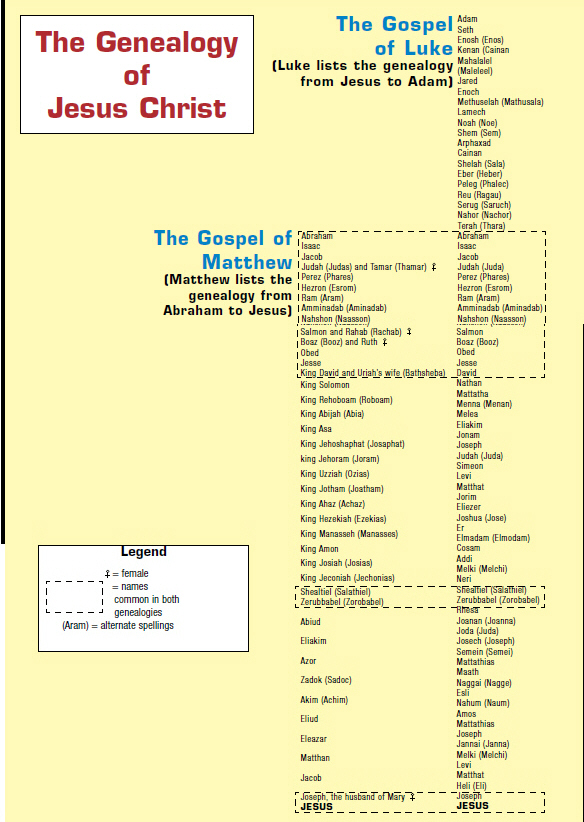These series of posts are a non-literalist Christian's exploration of images of Jesus as Divine in Christianity and the New Testament. I am examining where these images came from and the reasons they were created. This is also an investigation of these image's meanings to those who created them and what meaning they may hold for myself and others today.
I began the analysis of images of Jesus in the New Testament with the oldest of the Synoptic Gospels, the book of Mark. Like the other Synoptic Gospels of Matthew and Luke, Jesus is portrayed as considering himself the Messiah, the future King of the Jews of the Messianic Age, but not as Divine, or somehow equal to God. There are, however, descriptions of him able to access special favor with God, and as such God would perform miracles and mighty deeds at his request. There is also mention of special abilities due to his intimacy with God.
In this post I move to the Gospel of Matthew to investigate the images this community used to express who Jesus had become to them and to explore whether any of them portrayed Jesus as in any sense Divine, or more than human.
The first chapter begins with, "the genealogy of Jesus the Messiah the son of David, the son of Abraham". Jesus' lineage through Joseph is traced via king David to Abraham. This would seem to be done to validate him both as a true Hebrew and as a candidate for kingship. However, it would seem to be an odd way to claim his lineage if they were taking literally the Divine conception portrayed later in the book. If Joseph is only Jesus', "adoptive", father, then why claim the legitimacy of his heritage through Joseph?
Descent in Judaism at that time was patrilineal and did not change to matrilineal descent until the second century. However, the tradition of adoption, taking another's child as one's own, was not strong, and considering an adopted child as an heir, or part of the lineage even less.
The evidence for adoption in the Bible is so equivocal that some have denied it was practiced in the biblical period.Looking at the story of Abraham and his son Ishmael by Hagar, his wife Sarai's Egyptian handmaiden, we see that, even though Ishmael is of Abraham's seed, he is excluded from the lineage because he was not of his wife Sarai. With this in mind, it makes no sense for the community of Matthew to claim Jesus' legitimacy via his lineage through Joseph if they literally considered Joseph as only his "adoptive" father.
http://www.jewishvirtuallibrary.org/jsource/judaica/ejud_0002_0001_0_00486.html
The whole idea of portraying Jesus as having been born by immaculate conception and therefore a demi-god seems to be a chancy thing for this mainly Jewish community. This idea has no real precedent in Jewish Scripture, but is an idea taken from pagan mythology, particularly the Greek. It would seem in my mind to testify to a real need to legitimize Jesus' birth and parentage. This strongly suggests that the story that Jesus' mother Mary was found to be pregnant with Jesus before she came to live in Joseph's household was believed to be factual by either this community or the wider Jewish community of the time. As such, Jesus would have been considered a "Mamzer". As Bruce Chilton, in his Book, "Rabbi Jesus", explains, this was a caste in Jewish society of Israelites of suspect parentage, born of a prohibited sexual union such as incest or with a non-Isrealite. Also called a shetuqi or "silenced one" in the Mishnah at a later period, one without a voice in the public congregations of Israel.
"No one born of a forbidden marriage" (footnote - Or one of illegitimate birth) "nor any of his descendants may enter the assembly of the LORD," (Deuteronomy 23:3 NIV The Holy Bible)
As investigated in earlier posts, Jesus had another problem with the legitimacy of his teaching. Because he was not a recognized Rabbi who had been certified by semicha, rabbinic ordination, he did not by Jewish tradition have, s'mikhahto, "authority" to give his own teaching and interpret Scripture. If he was also suspect of being Mamzer, his lack of the right to give his own teaching would be overshadowed by not having any legitimate voice in the public congregations of Israel at all.


No comments:
Post a Comment